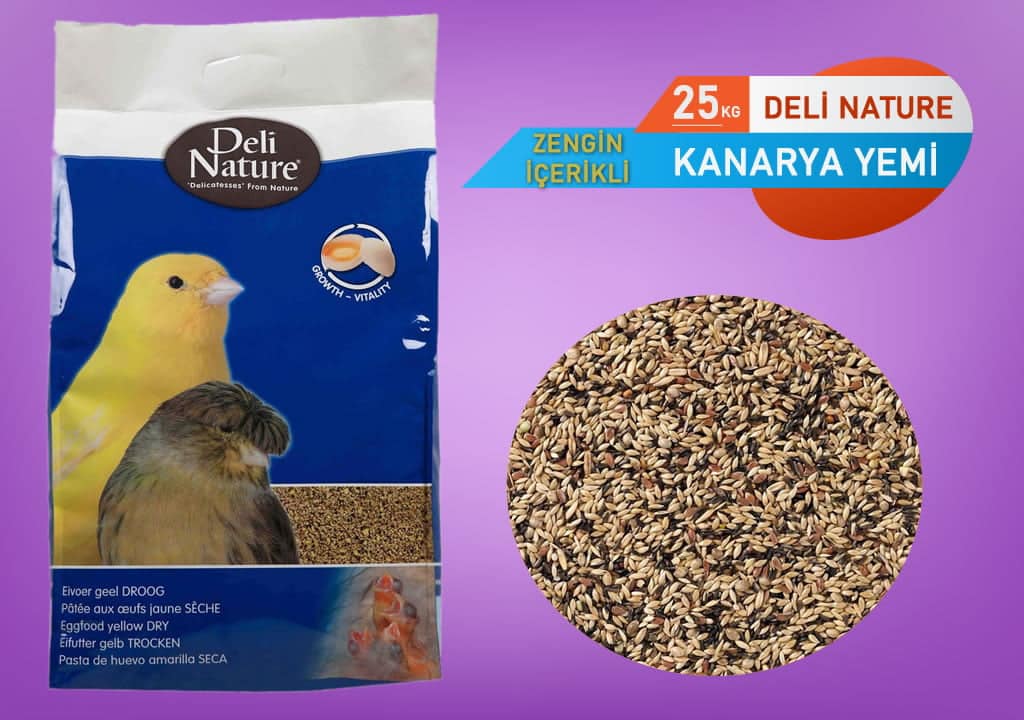Blog
Budgerigar Not Eating
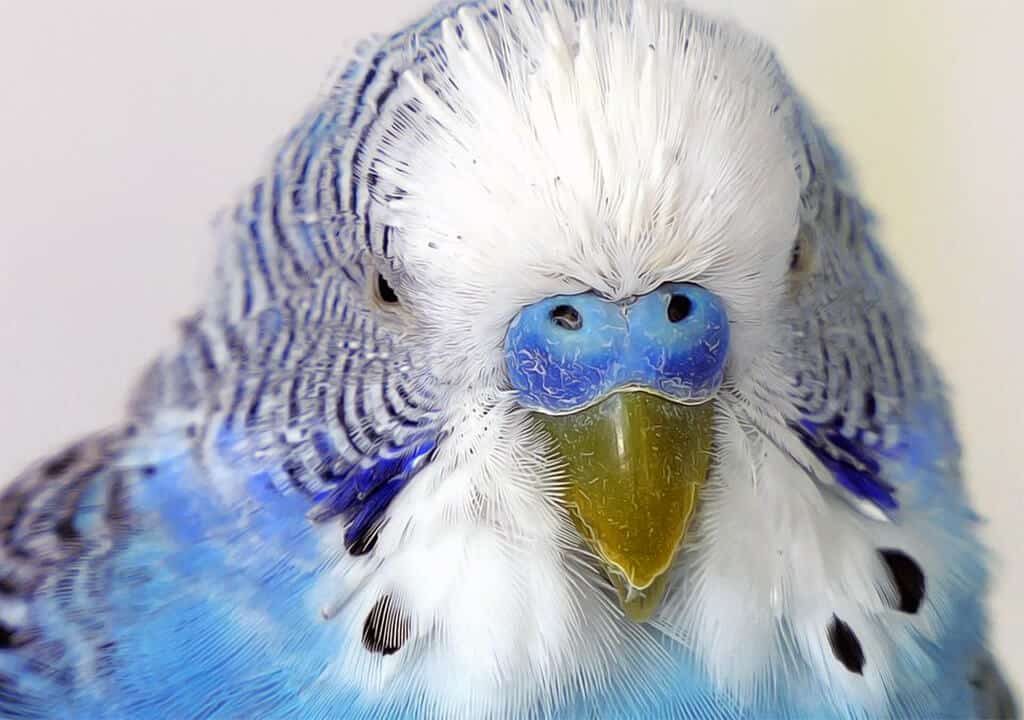
For those concerned that the budgerigar is not eating, careful examination of the birds is recommended. Anorexia birds may have a certain ailment, or they may have injured their beaks in some way. The recommendation for this would be careful scrutiny by bird owners in the first place. Bird beaks may have problems such as warping or cracking due to impact.
For such cases, it is recommended that bird owners go to a specialist veterinarian without wasting time. Birds, like humans, may experience discomfort due to cold. In such cases, applying the necessary treatment methods will be important in terms of their recovery. Birds whose feeds have been changed will not eat feed that they do not like the taste of.
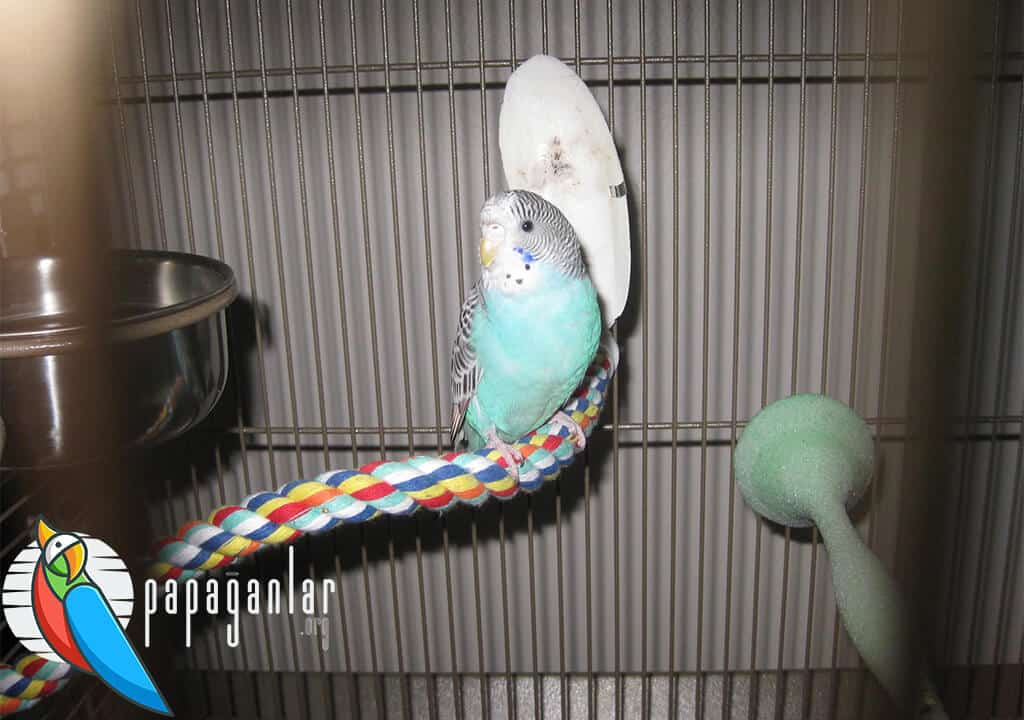
Budgerigar Takes Food From Its Mouth
The first thing to be said for those who are worried that the budgerigar is taking food out of its mouth and therefore starving is that they did not like the taste of the food. In addition, birds that cannot break the large bait will also throw the bait. These kinds of problems, especially seen in baby birds, can also be seen in some large birds. While it may be normal in baby birds, it can be a sign of an important health problem for larger budgies.
Budgerigars that have problems with their beaks will not be able to eat either. Also, newly housed budgies will not eat until they get used to it. In this case, the birds need to be left alone for a while and get used to the environment. It has been observed that the budgerigar eats less feed when it is stressed and sad. In such situations, some games should be played and they should be made happy in order to cheer them up.
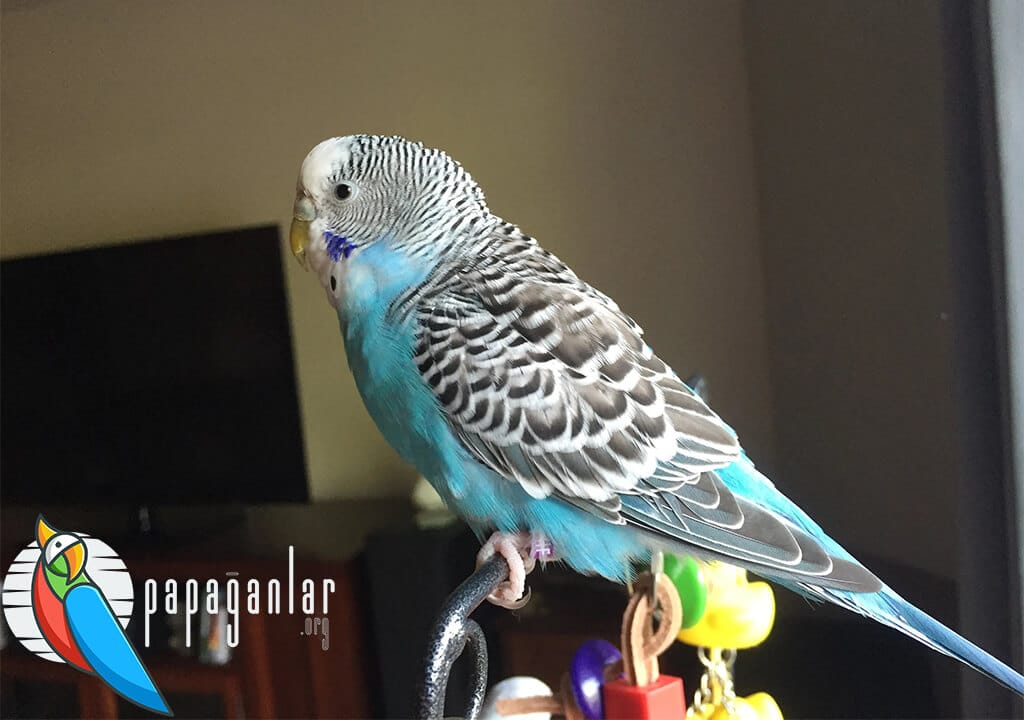
Budgerigar Does Not Eat Food
For those who are worried that the budgerigar does not eat feed, apart from the problems mentioned above, the fact that they are not used to the cage and feeder is another factor. It will be necessary to clean the cages at regular intervals and make the environment suitable for hygiene conditions. In some cases, too much feed in the feeder can prevent the budgerigar from eating.
Budgerigars will also have different behavior patterns. Such situations should be observed and the amount of feed to be placed in the manger should be reduced accordingly. Many baby budgies won’t eat until they get used to their new place. In such cases, it should be given time to get used to it without approaching it for a while. Budgerigars, who see that the environment is safe, will also easily eat food.
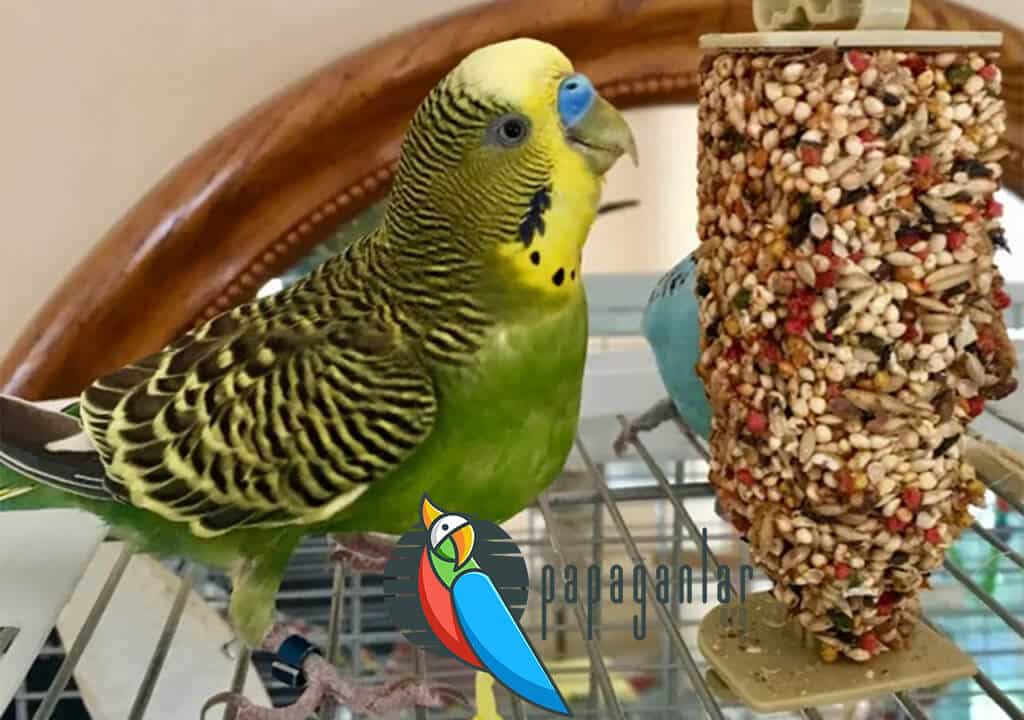
Budgerigar Grinding Its Beak
For bird owners who are afraid that the budgerigar is squeaking, it is fair to tell them not to worry. It is a known fact that budgerigars squeak before saying something or after eating. They will grind their beaks after drinking water or eating food.
Various cracking and beak squeaking sounds will be heard while breaking the food they eat. They will also creak their beaks before uttering certain words that they mimic the human voice and are ingrained in their memory. If there is no physical discomfort in their beaks, this is nothing to worry about.
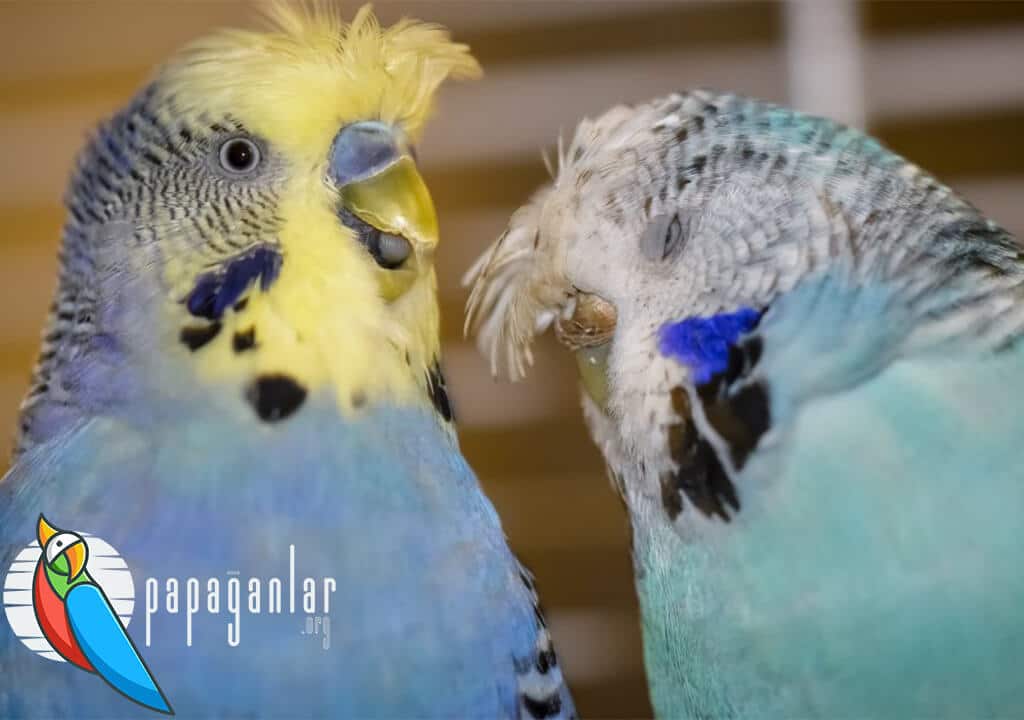
The Budgerigar Is Always Sleeping And Weak
The budgerigar sleeps all the time and for those who are sluggish, it is recommended to observe the bird for a while and then leave it to the veterinarian if necessary. Most of the time, the underlying causes of birds’ malaise will be colds and flu. In addition, causes such as diarrhea will also cause fatigue. Budgerigars should not be left in the draft and should not be kept in cold environments.
Molting periods can also cause weakness in budgies. In such cases, taking the necessary vitamins will be extremely important for the health of budgerigars. Small budgies that have just arrived at home can also be in this situation. It would be appropriate to take some time and observe. In cases where it is longer than the required time, it will be one of the most recommended issues to be taken to the veterinarian.




